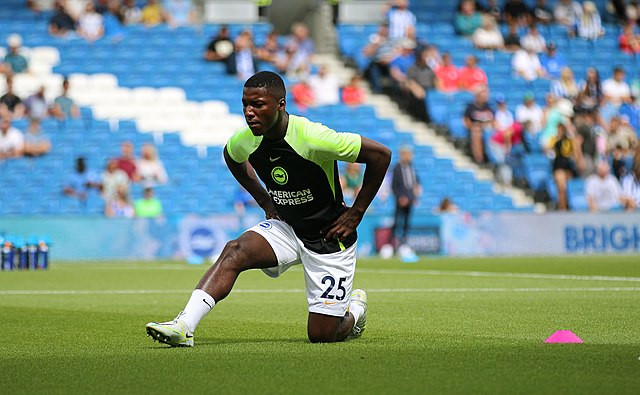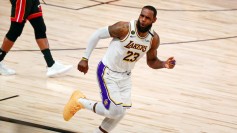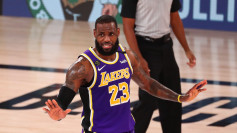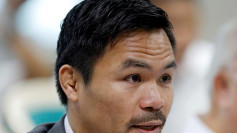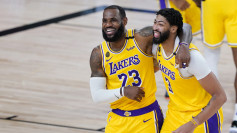Brighton and Hove Albion, colloquially known as Brighton, has been making waves in the soccer scene, not only for their on-the-field performances but also for their savvy business acumen. Their ability to buy players at a low price and sell them for massive profits is unparalleled, and many attribute their success to a unique blend of data analytics and personal touch.
The Profits
Brighton's recent profit streak includes:
- Moisés Caicedo: Bought for £4 million and sold to Chelsea for a whopping £115 million two and a half years later.
- Marc Cucurella: Acquired for £15 million and offloaded for £60 million a year later.
- Ben White: Brighton's own, sold for £50 million.
- Alexis Mac Allister: Snagged for £6.9 million and later sold for £35 million.
- Yves Bissouma: Purchased for £15 million and let go for £25 million.
- Robert Sánchez: Signed at a minimal cost at 16, later sold for £25 million.
- Leandro Trossard: Bought for £15 million and sold to Arsenal for £21 million.
Brighton's Business Ethos
The Brighton Football Club's values are evident: "Treat others well; exceed expectations; be ambitious; never give up; act with integrity; stand out from the crowd."
Under the guidance of a former world-class poker player and top-notch data analyst, Brighton has thrived. They operate on the principle of "cash in and then continue value investing" - a model most clubs wish to emulate. Yet, how many have achieved success at it like Brighton, consistently achieving more with less over the years?
Brighton's recruitment, nurturing, buying, and selling strategies have resulted in astonishing figures. However, the club's values remain unchanged.
Chairman Tony Bloom is legendary. With an Oxbridge education, a career as a top-tier world poker player, and expertise as an actuarial scientist, he has been pivotal. His deep dive into big data analytics helped Brighton establish an efficient scouting system. This wasn't about replacing the human eye with cold technology.
Brighton's success isn't just about buying low and selling high. It's about trust, care, professional coaching, first-team opportunities, and a pathway to top-tier clubs. Players, their families, and agents know that joining Brighton means exceptional care-from Tony Bloom to CEO Paul Barber, Technical Director David Weir, Transfer Chief Sam Joel, and Head Coach Roberto De Zerbi.
This club respects its players as individuals, though there's business logic in respecting them as assets too. For instance, after Alexis Mac Allister helped Argentina win the World Cup, he was warmly congratulated upon his return to the club.
Previously, with concerns that Mac Allister might be distracted before the World Cup, Barber proactively proposed a contract extension, incorporating a mutually beneficial £35 million release clause. This kept the player's morale stable and ensured he continued to deliver for Brighton. Even when his market value soared to £60 million, Brighton honored the agreed-upon £35 million when Liverpool showed interest.
This demonstrates mutual respect, trust, and commitment, even when a player's market value fluctuates due to injury or other reasons.
Every player Brighton signs undergoes thorough character and background analysis. This reflects the club's ethos and respect for individuals.
As a result, executives like CEO Barber increasingly command respect at Premier League meetings. Brighton may not be among the largest clubs in England, but their performance and steadfast values are widely respected.
Young talents like Ferguson and the standout Kaoru Mitoma are potential high-value transfers. Their transparent and candid interactions with Barber ensure mutual needs are met.
Ferguson's parents trust Brighton for nurturing and protecting their son's growth, in an environment that emphasizes family values and keeping one's feet on the ground.
Such trust fosters a positive club atmosphere, as evident in the Caicedo saga. Arsenal twice bid for him in the 2023 winter window, with the highest offer reaching £70 million. Yet, Bloom, eyeing European competition and historic club achievements, rejected Arsenal. Caicedo, eager to join Arsenal, even refused to train. Barber and De Zerbi's decision to let him stay home, rejoining the squad only after the transfer window closed, protected him from media scrutiny. This care is why, even upon his eventual departure, Caicedo held fond feelings for the club. Such emotional ties, once established, are hard to break.
While clubs like Brighton, often dubbed "profit centers" for selling talent at high margins, always face concerns of dwindling competitiveness (similar to Southampton), Brighton has managed to maintain a virtuous cycle. They've always found the right replacements, like Caicedo for Bissouma, Mitoma for Trossard, Ferguson for Mooy, and Steele for Sánchez.
Talented young players continue to be drawn to Brighton. Discerning observers recognize it as a well-run organization with unlimited potential, both for individuals and the club.
Their coaching appointments stand out as well. After ensuring the club's survival with conservative football under former coach Hughton, they transitioned to the more dynamic Potter. When Potter was lured away by Chelsea and Football Director Dan Ashworth by Newcastle United, they opted for the fresh perspectives of De Zerbi and Weir.
European clubs like FC Porto, S.L. Benfica, and AFC Ajax have also been branded "profit centers." They've managed to maintain competitiveness despite frequently selling players. For Brighton to break into the Champions League in the Premier League is arguably harder than for these clubs in their respective leagues. Yet, Bloom's model of "big data plus humane values" gives them a distinctive edge.
